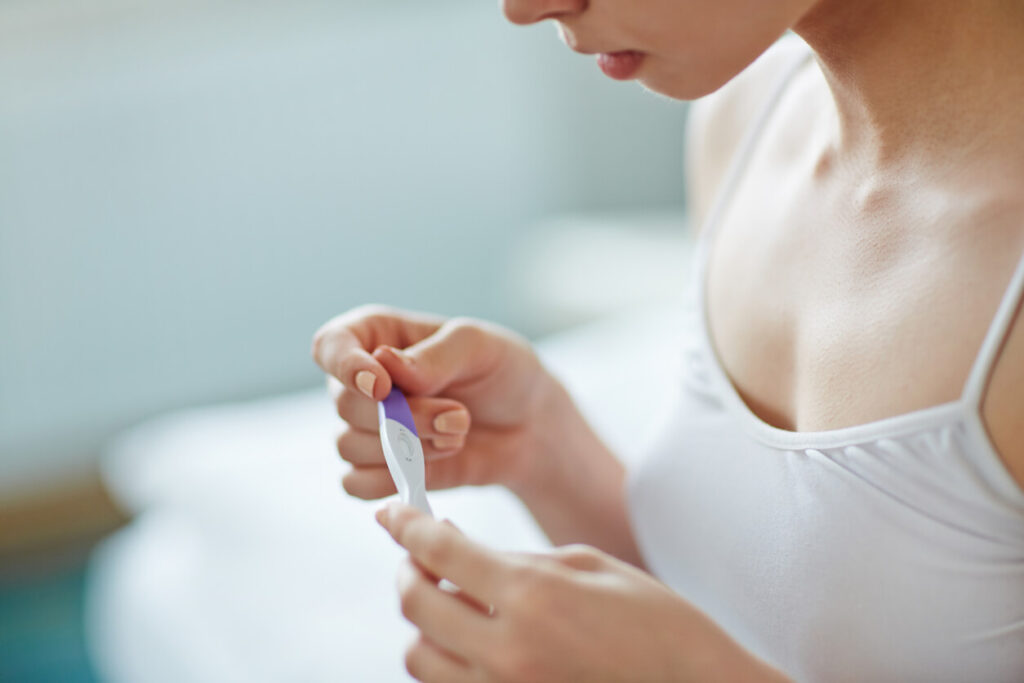Some women have taken a fertility test online to find out when to have sex to get pregnant. These online ovulation calculators estimate when you ovulate based on the length of your cycle and the assumption that ovulation occurs two weeks before your period. Therefore, if your cycle is usually 28 days long, then the calculator will estimate that you will ovulate on day 14 of your cycle. Although these calculators are convenient, they tend to be inaccurate. Below, we look at why accurate ovulation calculation is important to improving your chances of falling pregnant.
Why is Taking a Fertility Test Online Inaccurate?
If you want to increase your chances of getting pregnant, it is important to have sex during your fertile window. Generally, this fertile window occurs during the five days before and the actual day of ovulation. Unfortunately, taking a fertility test online is inaccurate because about 70% of women’s ovulation deviates from clinical estimates. Furthermore, not all six days of your fertile window are equally fertile. According to research, three days before ovulation is the most fertile day. Therefore, during the three days leading up to ovulation, there is approximately a 25% chance of falling pregnant. However, the problem with taking a fertility test online is that they are unlikely to accurately predict when this window is. Everyone’s cycle is unique to them and there can be a lot of variation from woman to woman. A good parallel is the weather; just because the forecast predicts cloud, does not definitely mean it will rain. Therefore, online ovulation calculators should be treated as an estimation tool, not a true indication of when you are most fertile.Are There More Accurate Ways to Track Your Cycle?
Thankfully, there are more accurate ways you can track your cycle. Instead of taking a fertility test online, a much better way to determine if you are ovulating is to monitor the symptoms of ovulation. Essentially, this means tracking your hormone levels with at home kits. Alternatively, if you are struggling to conceive, you can seek advice from a fertility specialist. Below are the three hormones that indicate when you are ovulating:- Estrogen: Approximately five days before you ovulate, your estrogen levels will surge. You can estimate when estrogen is increasing by monitoring vaginal discharge or cervical mucus. If your estrogen level is high, your discharge will be more slippery and stretchy. Alternatively, you can buy digital ovulation prediction kits.
- Progesterone: You are likely to know that progesterone is a hormone associated with pregnancy. However, your body also produces progesterone during your regular cycle. After ovulation, progesterone levels increase which makes your body temperature rise. Although by the time you can detect in temperature you’ll be outside your fertile window, it’s still good to confirm that you are ovulating.
- Luteinizing Hormone (LH): Around a day before you ovulate, there is a rise in the level of a hormone called the Luteinizing Hormone. You can monitor this hormone using digital ovulation predictor kits.




